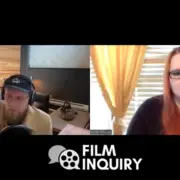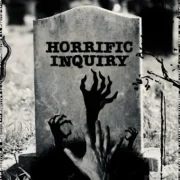Human Rights Watch Film Festival London 2020: I AM NOT ALONE, MAXIMA & FROM HERE
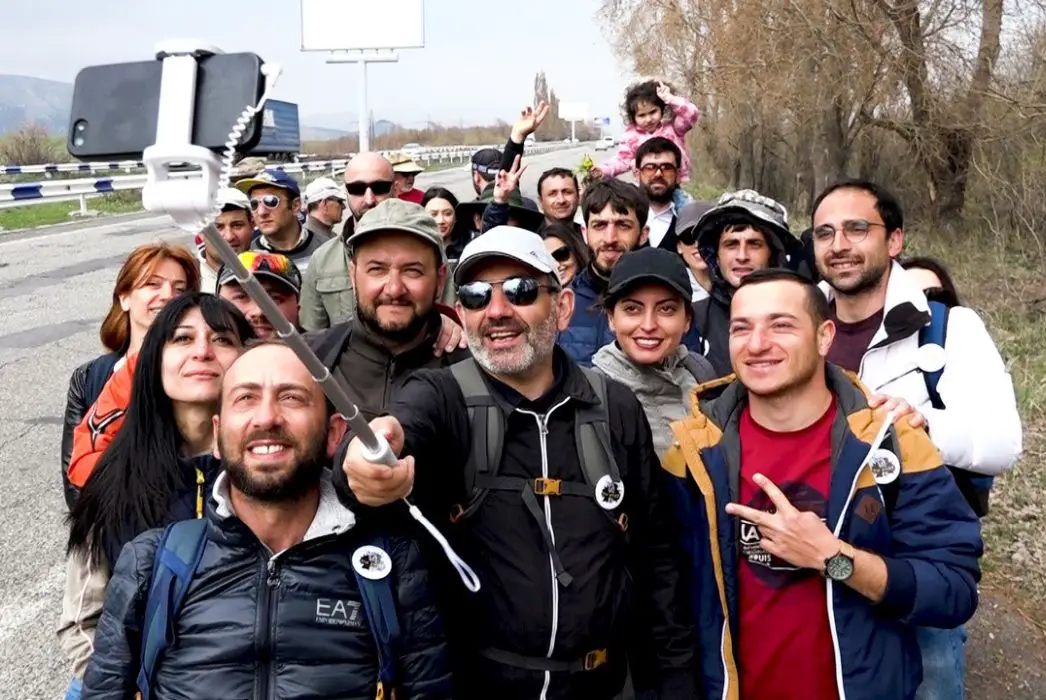
Musanna Ahmed is a freelance film critic writing for Film…
The London Human Rights Watch Film Festival will be presented from 12 to 20 March 2020, featuring empowering documentaries and dramas celebrating courageous people from 14 countries: Armenia, Australia, Bangladesh, Bolivia, China, Guatemala, Germany, Iran, Macedonia, Mexico, Peru, Romania, the United States, and Vietnam. 11 of the 14 films selected for this 24th edition are directed by women.
I had the privilege of being able to view many of the films in advance and can attest to the high quality of cinematic storytelling that will be presented this year. Part one of my coverage can be found here. See below for my reviews of three more films from this year’s terrific programme.
I Am Not Alone (Garin Hovannisian)
Military commander Serzh Sargsyan took power over Armenia in 2008. Armenians took to the streets to protest his rule and his government retaliated by sending forces to open fire, killing ten people and shutting down the movement. Cut to 2018 and he’s done what many Americans are thinking Trump may do – changed the constitution to maintain power after serving his maximum number of terms.
Likewise, with a Republican majority in parliament, it looks like Sargsyan will be elected to his new title of prime minister in 18 days, continuing his absolute power in a country overrun with corruption and poverty. This is where this tremendous documentary begins, as activist Nikol Pashinyan puts on a backpack on a pleasant Easter day and begins to walk across Armenia to protest the Republican regime.
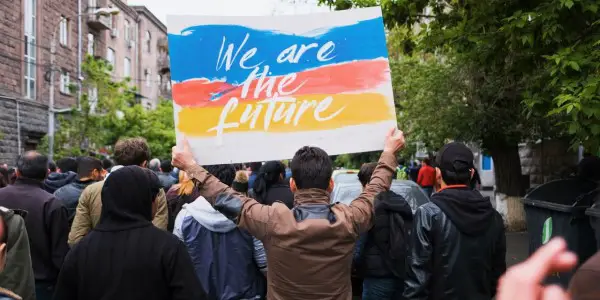
Pashinyan is an activist with a long history, so the built-in viewership of his Facebook live stream naturally attracts more audience members to accompany him on his march. The demonstrations, from boycotts to sit-ins to sitting in front of moving buses, are dubbed the Velvet Revolution, and the results are more wildly successful than any Pashinyan fan fiction could imagine.
What makes this documentary so outstanding is that Garin Hovannisian gains access to the activist leader who began the protest and the government figure he protested against and the police leader stuck in the middle, whilst having a clear perspective on who was on the right side of history. In between the excellently shot footage of the protests from both Nikol’s cellphone and cameramen fitted with stabilisers and body kits, there are sit-down interviews with the three aforementioned figures where they speak about their roles during the revolution.
Sargsyan is a man of few words, careful to simply speak on the facts of what happened rather than to editorialise the story with his own thoughts, knowing his word means nothing against the millions against him. On the other hand, the Republican party’s spokesman, Eduard Sharmazanov, is more opinionated, with criticism towards Pashinyan on the tip of his tongue.
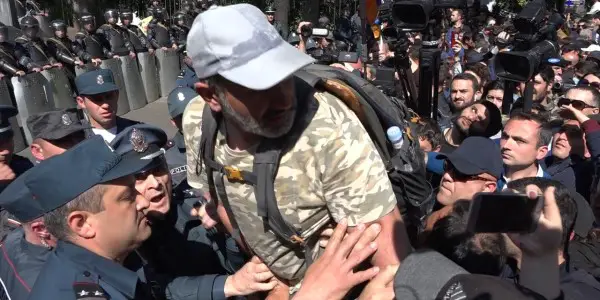
Hovannisian loves big twists, so he carefully withholds information with his present-tense storytelling and executes the surprises at the right moments. To really benefit on an emotional level, I would advise those who know little of contemporary Armenian politics to not read into anything before watching this film. I was such one audience member, however I will say I could’ve done with some backstory on Sargsyan the same way we are told about Pashinyan’s journalist history.
As somebody with no pre-existing knowledge of the former President, I could only assume Sargsyan was unpopular for being as regressive as his controversial right wing counterparts around the world. Certainly, the actions of killing ten protestors and manipulating the constitution to extend his power lend credence to his evil, and the image of thousands of citizens gathered in the city together to oppose his actions speaks for itself. This unbelievably inspiring film is for anyone who doesn’t believe in the power of protests.
I Am Not Alone will be screened at the Barbican on March 14 and at Curzon Soho on March 15, 2020. Click here to buy tickets.
Maxima (Claudia Sparrow)
Maxima is set in the Andes, Peru, where Yanacocha, the second largest gold mine in the world, is running out of its precious metal and wants to expand nearby. One indigenous woman stands in their way.
Peruvian farmer Maxima Acuña is threatened by jail or death by the mining company and her war with Yanacocha begins all the way back in 2011. The police beat her and her family up as they tried to prevent mining engineers and her testimony is accompanied by distressing footage of the abuse taking place, captured on a mobile phone by another family member. It’s an extremely harrowing situation made worse by the knowledge that they killed her watch dogs.
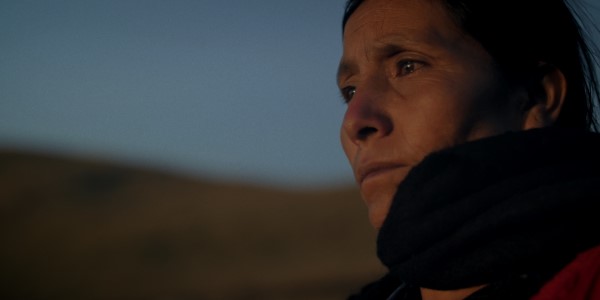
Nothing came out of the report she filed to the district attorney but the news caught wind and serious progression was made in her fight to protect her land, from protestors joining her to seeking a legal outlet. As her lawyer says, “This is not just about our land, it’s a fight for power.” It’s a fight where the enemy is a crooked liar maintaining underhanded practises, accusing Maxima of violations despite concrete evidence on the contrary.
There’s no human face attached to Yanacocha, presumably because big mining is simply a far bigger corporation than any individual representative. This is a true David versus Goliath movie, a brisk and detailed reconstruction of Maxima’s battle against big mining. You only need to see so much as the opening drone shots, which showcase the breathtaking beauty of the countryside, contrasting with the colossal mine, which looks like an unfinished, man-made eyesore. The visual contrast of the two alone, the artificial versus the natural, is enough.
Then there are the gorgeous lakes around Maxima’s residence which are set to be destroyed and deplete the local communities of pure water, as an estimated 96000 tonnes of waste would be dumped per year and contaminate the waters. Maxima’s richly resourced land is an easy target, an uneasy reminder of all the global wars that have taken place for similar reasons.
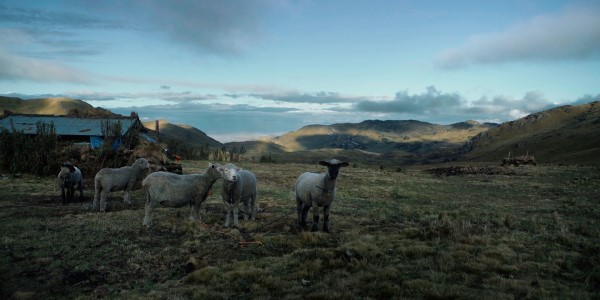
It’s virtually impossible for the cinematographer to take a bad shot here with the stunning backgrounds of Maxima’s land. Whilst the filmmakers don’t quite get the one actuality moment on the field, they get a considerable amount of time into the court battle, where the emotional climax of the documentary takes place.
Whilst the filmmakers’ scope is positioned well, detours into investigations elsewhere affects the focus, namely the research into the corporate structure of Newmont Mining by American activists Earth Rights International, which is worthy knowledge but outside the subjectivity of Maxima’s perspective that we’re otherwise placed in. Overall, though, Maxima is a really educational and informational look into the truth behind big mining as experienced through one strong-willed indigenous woman.
From Here (Christina Antonakos-Wallace)
From Here is a moving microcosm of the contemporary migration discourse. This documentary follows the unique journeys of four individuals around the world who are stuck between two worlds as the global debate on immigration rages and they feel their identity being interrogated from both the outside and inside.
Filmed well over ten years, the filmmakers are granted intimate access into the lives of Sonny Singh, a Punjabi-Canadian musician; Tania Mattos, a Bolivian community organiser in America; Akim Nguyen, a Vietnam-born, German-raised artist expressing himself on large canvases; Miman Jasarovski, a Roma activist who seeks to apply for a German passport while stuck in bureaucratic limbo.
The throughline that attracts Antonakos-Wallace to follow this particular disparate group is that they all share the same immigrant mentality – to persevere in their fight for citizen’s rights, to give back to the community, to never give up. Watching their personal and political development over a decade makes for an experience akin to that of an entry in Michael Apted’s Up series. Not all of them have happy endings but there’s a certain level of comfort to be taken, a sense of “everything will be okay”, knowing the willpower of these four individuals.
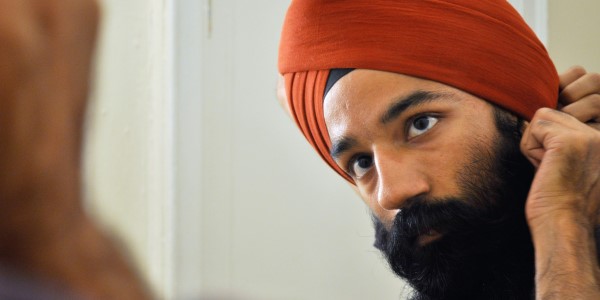
Some of the most powerful moments in the film stem around the discussion of identity and individualism. When Miman is in the German naturalisation office, he’s told that the next part of the process is to visit the Macedonian consulate to renounce his citizenship but says the consulate doesn’t have people who can speak German. The officer asks him, “You don’t speak any Macedonian, your native language?” to which Miman was to explain that he’s been in Germany for 31 years – German is his native language.
This cultural and linguistic crisis is a facet of every immigrant’s journey, pointedly highlighted in each of the stories here. The director splits between observational and interview mode, both complementing each other to depict the theme of belonging through a personal prism. Visually, the film is rather workmanlike but where it lacks in cinematic flair, it makes up in strong insight and emotion.
From Here will be screened at the Barbican on March 13 + 18 and at Regent Screen Cinema on March 17, 2020. Click here to buy tickets.
Stay tuned for my third part of coverage of this year’s Human Rights Watch Film Festival London, where I will be reviewing the disability rights movement documentary Crip Camp. Click here to view the full programme and purchase tickets and click below to view the trailer for I Am Not Alone.
Does content like this matter to you?
Become a Member and support film journalism. Unlock access to all of Film Inquiry`s great articles. Join a community of like-minded readers who are passionate about cinema - get access to our private members Network, give back to independent filmmakers, and more.
Musanna Ahmed is a freelance film critic writing for Film Inquiry, The Movie Waffler and The Upcoming. His taste in film knows no boundaries.






